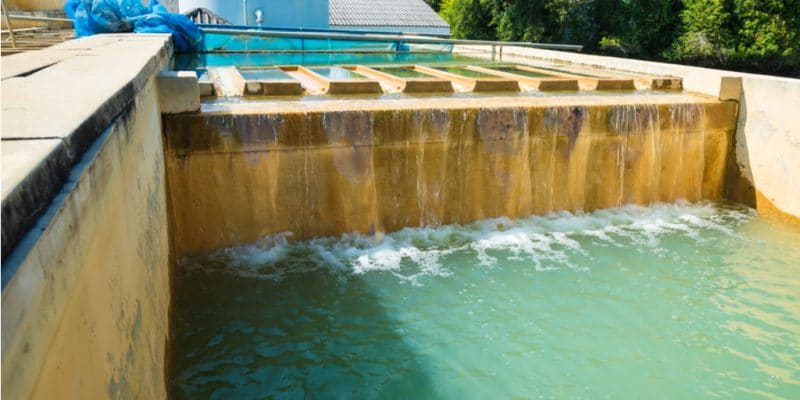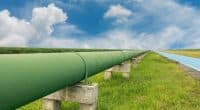The northern Nairobi water collection tunnel will be operational in early 2020. Mwangi Thuita, the general manager of the utility company, Athi Water Services Board Engineer, who supervises the water supply project for the people of the Kenyan capital, made a commitment to this project.
The benefits of the water collection tunnel project in northern Nairobi will soon be felt in the Kenyan capital. Mwangi Thuita, the general manager of the utility company, Athi Water Services Board Engineer, who recently conducted an inspection visit to the project site, announced that 89% of the work has now been completed. And that all that remained was to complete the construction of a 1.3 km tunnel.
He indicated that this part of the project will be completed by the end of 2019. The project involves water intakes on the Maragua, Gikigie and Irati rivers, located in Murang’a County, not far from Nairobi. They will make it possible to recover 40% of the floods from these three rivers during the rainy season. The excess water will follow a 12 km long, fully paved tunnel with a diameter of 3.2 m, to Nairobi.
More than one million beneficiaries
The Tunnel transports water to desilting and settling basins. “It will not interfere in any way with aquifers and only the water collected in the intakes will flow to the dam,” says Mathu Kimenge, an engineer from the Athi Water Services Board Engineer.
The water thus joins the Thika dam, built for the water supply of the city of Nairobi. The water reservoir is located on the Thika River, near Ndakaini, 50 km north of Nairobi. It has a 63 m height and a crest length of 458 m. The reservoir is capable of storing 70 million cubic metres of water.
The water from the dam is then treated in a drinking-water plant before heading to Nairobi via a pipeline. Athi Water Services Board Engineer officials estimate that this project will increase Nairobi’s water supply by 140,000 m3 to serve an additional 1.2 million people. The new facilities are expected to supply the Kenyan capital and its 13 satellite cities until 2035.
“The construction of the tunnel will cost 6.8 billion shillings ($66 million), the construction of the water treatment plant will cost 6.5 billion shillings ($63 million), and the construction of the Ndakaini-Nairobi pipeline will cost 4.6 billion shillings ($44.6 million). All funds are provided by the World Bank,” says Mwangi Thuita, Executive Director of the Athi Water Services Board Engineer.
Jean Marie Takouleu




